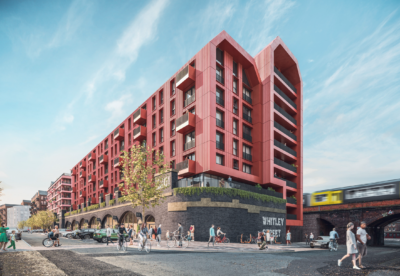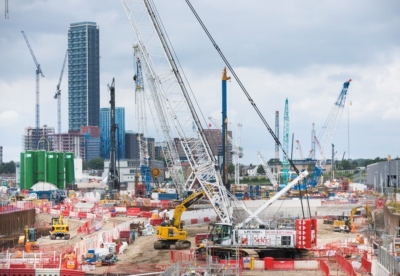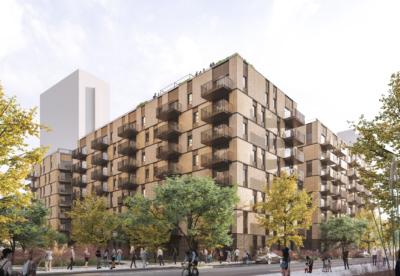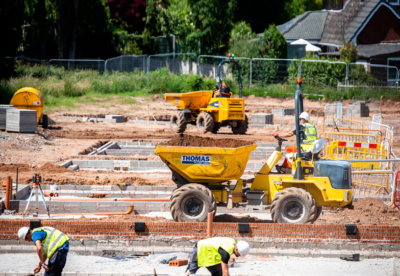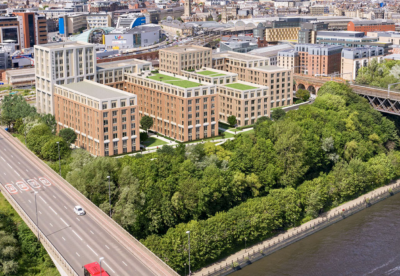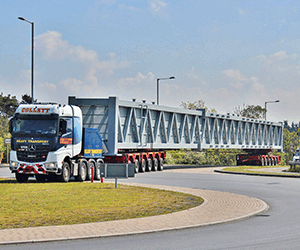The fresh funding – available from 2015 – comes on top of the £2.4bn set aside in the Priority School Building Programme covering 261 schools.
Schools minister David Laws said the new second phase of the PSBP would focus on improving individual buildings within schools as well as full rebuilds.
Much of this existing first phase funding is now being delivered under the government’s new private finance model, PF2, the new wave of cash will be taxpayer-funded.
Opening the first school built under the PSBP in Coventry, Laws said: “We want to do more, building on the success of the Priority School Building Programme.
“So today I am announcing that, as part of our capital expenditure over the next spending review period from 2015 to 2021, we will fund a second phase of the Priority School Building Programme, with a value of around £2bn.
Whitmore Park Primary in Coventry, which was built by Wates, has become a model for PSBP schools, with procurement taking only 13 weeks and building works complete in just 11 months.
In total, 28 schools are now either under construction or open as part of the PSBP, while design work has begun at 234 schools – 90% of the programme.
All schools in the first phase will be delivered by the end of 2017 – two years earlier than originally planned.
The minister said that the original programme worked on the basis of the condition of the whole school site.
“We will now refine this to look at targeting individual school buildings, as well as whole school rebuilds where this is appropriate, so that the department can focus much more tightly on addressing specific issues in the estate.
“This is only possible thanks to the data coming out of our detailed condition survey.”
Ministers have not yet decided how many schools will be covered by the new £2bn funding pot.
Law said the survey would be complete by the summer and set out schools most in need of available resources.
Details of how schools would be selected for the second phase will follow shortly, he said.
Stephen Beechey, managing director of education at Wates Construction, said: “The DfE’s decision to expand its pool of funding for those schools most in need of repair and refurbishment is a positive step towards delivering on the recommendations contained in the 2011 James Review of Education Capital.”
“More broadly, the cost of reactive maintenance jobs at schools is often significant, and is an issue that needed to be grasped firmly by the DfE in order to truly say that it is replenishing the nation’s school estate.
“With ‘PSBP 2’, potential contractors should now enjoy a level of certainty on procurement and pipeline that wasn’t previously available to them.
“For contractors, although greater clarity has been needed over work, the pipeline of available jobs has now expanded, hopefully allowing firms to co-ordinate their efforts and plan ahead that much more efficiently.”

























